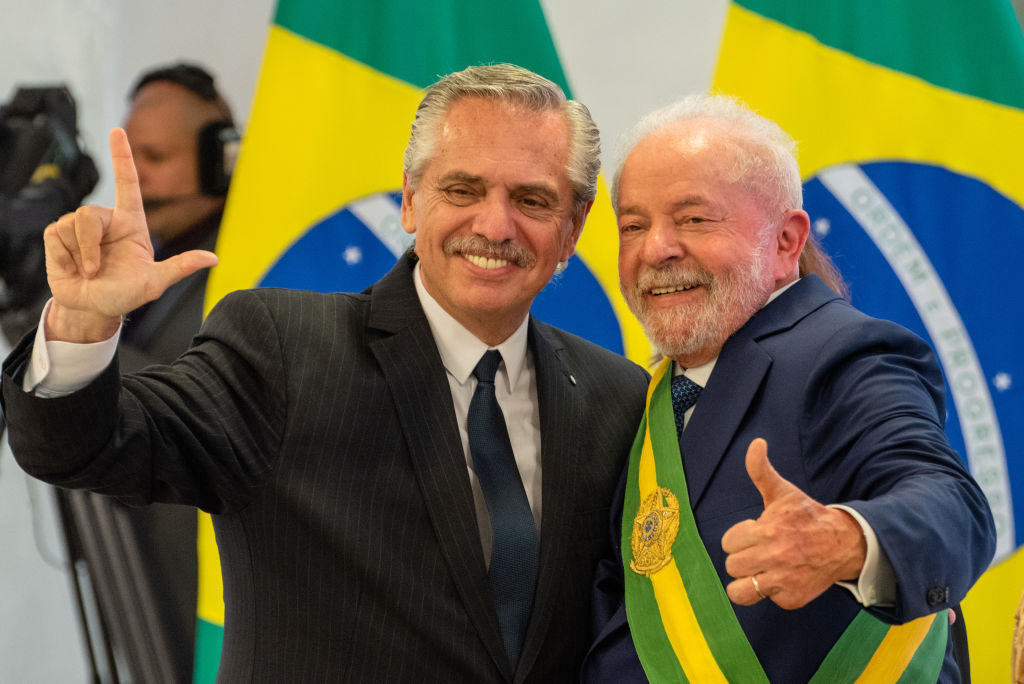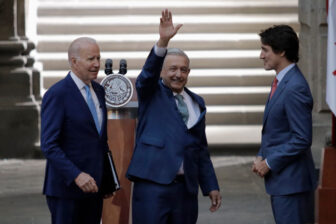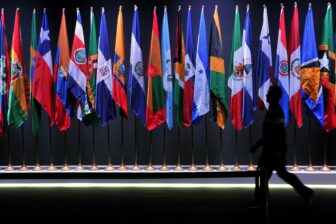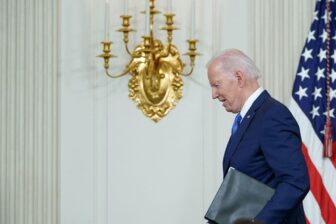SÃO PAULO — An upcoming international summit in Buenos Aires is set to herald the return of Brazil to the Latin American fold, after a four-year absence—and signal the reemergence of the Argentina-Brazil axis in regional politics.
This result, from a January 24 meeting of the Community of Latin American and Caribbean States (CELAC), will be far from trivial. While Brazil alone—representing roughly a third of the region’s total GDP—cannot lead regional initiatives in Latin America, virtually no meaningful Latin America-wide initiatives can prosper without Brazil’s active support. With Bolsonaro’s Brazil largely isolated in the region over the past years, regional cooperation—or even a regional conversation between leaders—largely came to a standstill, despite attempts by Mexico to fill the void. Be it fighting deforestation, promoting physical integration or jointly discussing the region’s stance vis-à-vis crises in countries like Venezuela or Bolivia in 2019, the space for constructive regional dialogue was very limited. Lula’s decision to skip the World Economic Forum in Davos and travel to Buenos Aires reflects Brazil’s genuine commitment to rebuild ties to the neighborhood.
Even when they have Brazil’s active support, however, past attempts to promote regional cooperation have often been short-lived, in part because they traditionally depend on ideological alignment between the region’s major powers. Indeed CELAC, a 33-member strong regional platform, founded in 2011 as an alternative regional bloc to the Organization of American States (OAS) with a strong emphasis on national sovereignty, has produced few concrete results over the past decade, marked by economic stagnation and frequent political upheaval. Critics say CELAC has above all helped provide authoritarian leaders such as Daniel Ortega and Nicolás Maduro with a diplomatic shield and contributed to the erosion of democratic norms in the region.
In the same way, CELAC itself is unlikely to offer much to address the numerous challenges that are plaguing the region—including massive upheaval in Peru, political collapse in Haiti, a profound crisis in Bolivia and Central America’s drift towards authoritarianism. For example, the region’s governments diverge fundamentally on who is to blame for the current mayhem in Peru. While leaders in Brazil, Argentina and Chile described Castillo’s removal as constitutional, presidents of Venezuela, Colombia, Nicaragua and Mexico sided with the ousted president, causing a diplomatic crisis between Mexico and Peru and leading Peru’s Congress to criticize Mexico and Colombia for interfering in the country’s internal affairs. Peru is considering suspending diplomatic ties with Bolivia and has banned former Bolivian President Evo Morales from entering the country, accusing him of inciting unrest in the border region. Bolivia’s current president, on the other hand, is busy trying to quell unrest in the province of Santa Cruz.
What’s clear from these disagreements is a sharp difference between the worldviews of moderate left figures in Chile and Brazil, on the one hand, and more extreme figures in countries such as Mexico, Venezuela and Nicaragua, on the other. These discrepancies could present an insurmountable impediment to more wide-ranging cooperation. While Nicaragua’s President Ortega is not expected to attend, possible participation at the CELAC summit of Venezuela’s President Nicolás Maduro, currently riding a wave of diplomatic “re-recognition,” would underline the region’s numerous crises and delicate diplomatic challenges. While there is now a consensus across Latin America that isolating Venezuela diplomatically is not an option, few think Maduro, who will celebrate a decade in power in March, is serious about ongoing negotiations with the opposition.
And yet, despite all these differences and despite CELAC’s questionable record, the upcoming meeting in Argentina’s capital is good news for the region. Latin American leaders’ desire to maintain a separate regional talking shop from the OAS is understandable. It’s true the CELAC summit declaration is likely to be generic, except for a likely condemnation of the attacks on Brazil’s seat of government on January 8. But the summit will be an opportunity for numerous bilateral meetings between presidents who’re meeting for the first time.
With the exception of Lula, virtually all the democratically elected leaders are first-term presidents who, in part due to the pandemic, have very limited international experience. Ties between South America and the Caribbean, in particular, remain far too distant. In addition, the summit may see the emergence of “minilateral” or bilateral diplomatic initiatives or ideas to be pursued separately. For example, Brazil and Argentina are set to announce a series of measures to boost economic integration, particularly on energy. In addition, both the EU-CELAC and the CELAC-China formats are useful platforms to promote debate about Latin America’s place in the world and its relationship to two strategically vital partners.
Yet given the still dominant anti-incumbency dynamic in Latin America, the meeting in Buenos Aires is also likely to be several presidents’ last opportunity to meet fellow leaders in the region. Given Argentina’s ongoing economic difficulties, Alberto Fernández seems unlikely to win another term in October. In Peru, Dina Boluarte’s presidency is hanging by a thread.
Finally, there is the ongoing spat between Nicaragua and Argentina about who should preside over CELAC next year. After the Fernández government criticized human rights abuses in Nicaragua, Daniel Ortega refused to support Argentina’s bid for two-year CELAC presidency, which now is set to end this year. Since CELAC’s decisions require unanimity—a rule that in practice gives veto power to all of its members—continued political divisions will most likely continue to limit the bloc’s capacity to deepen regional integration.








